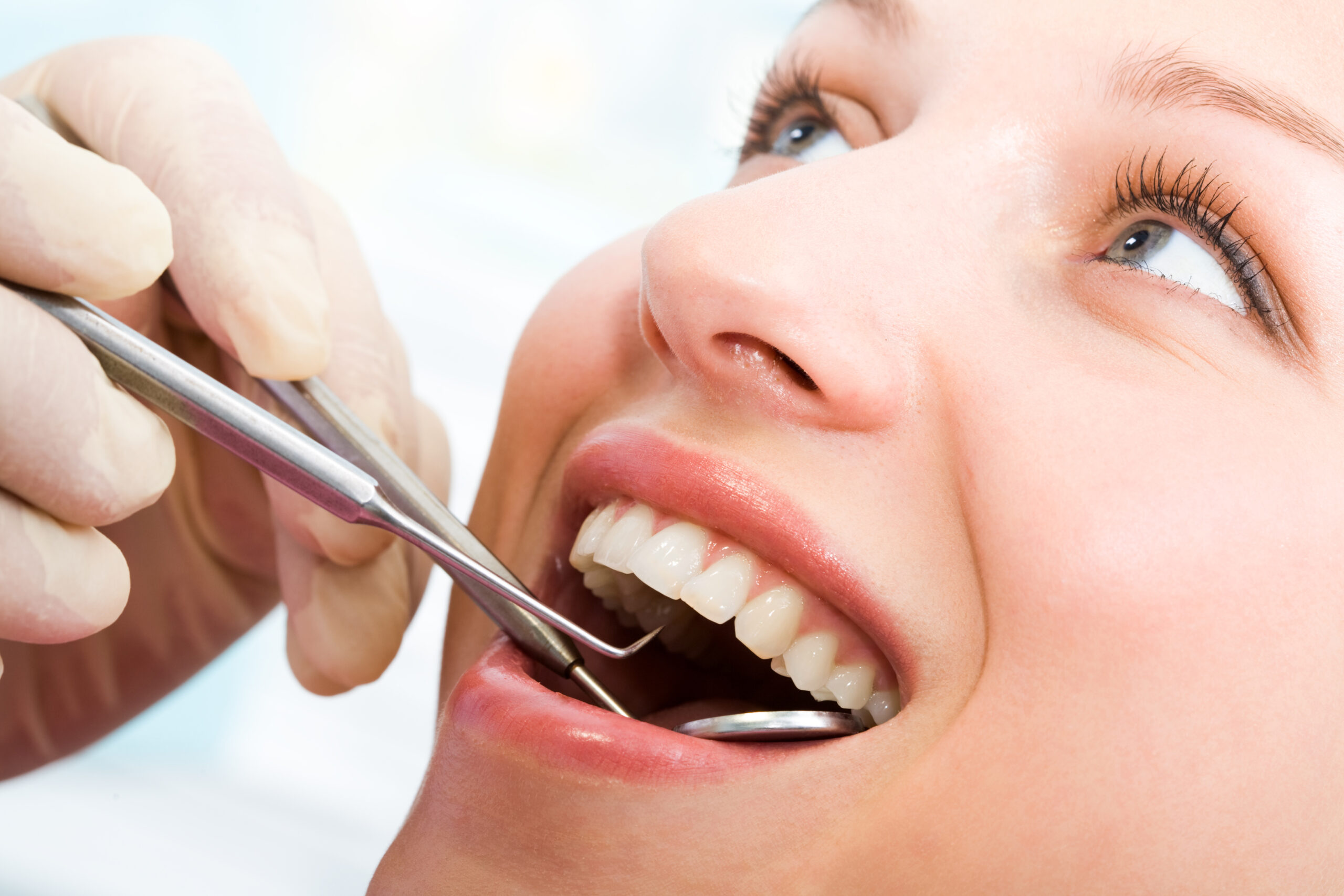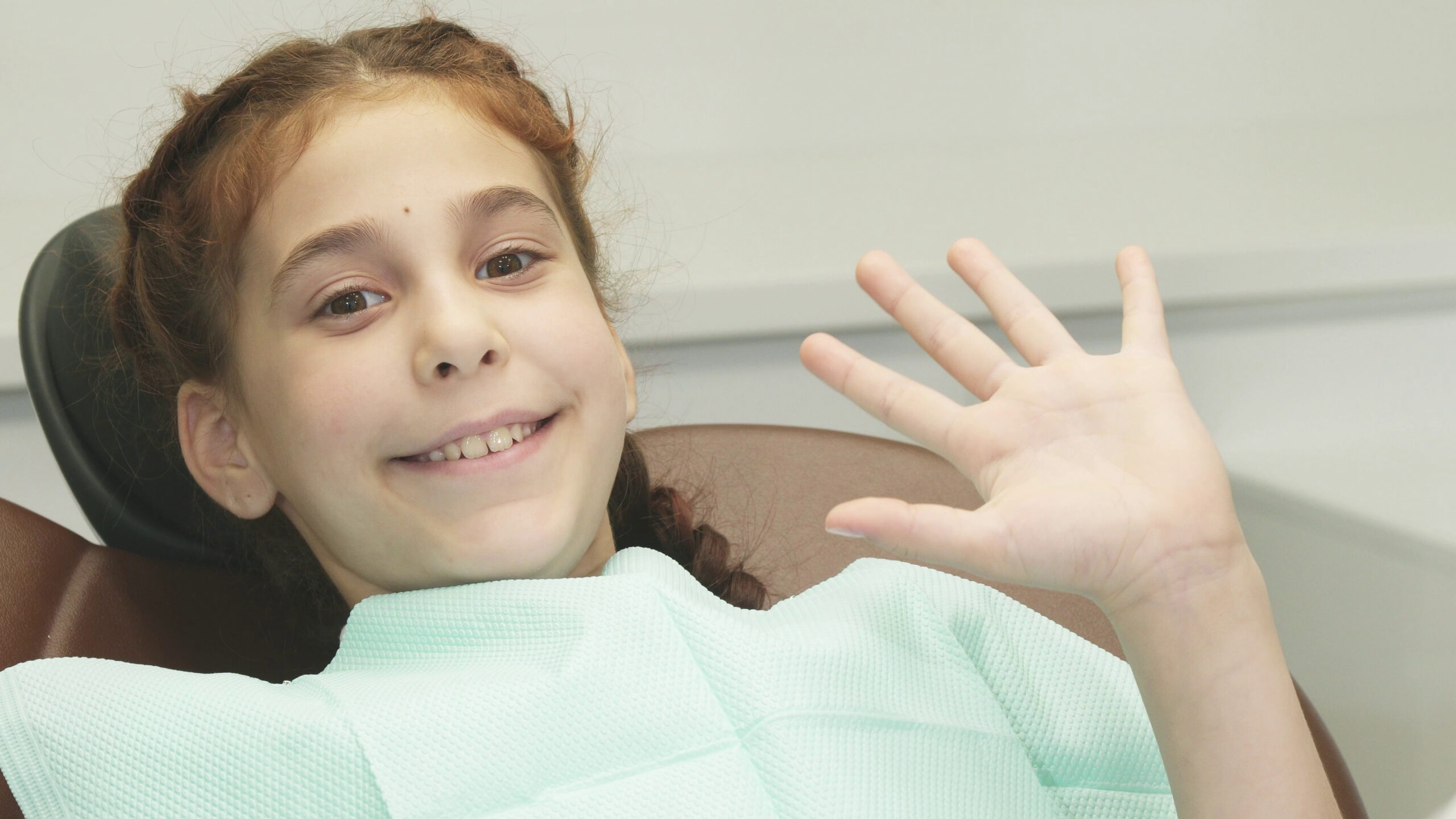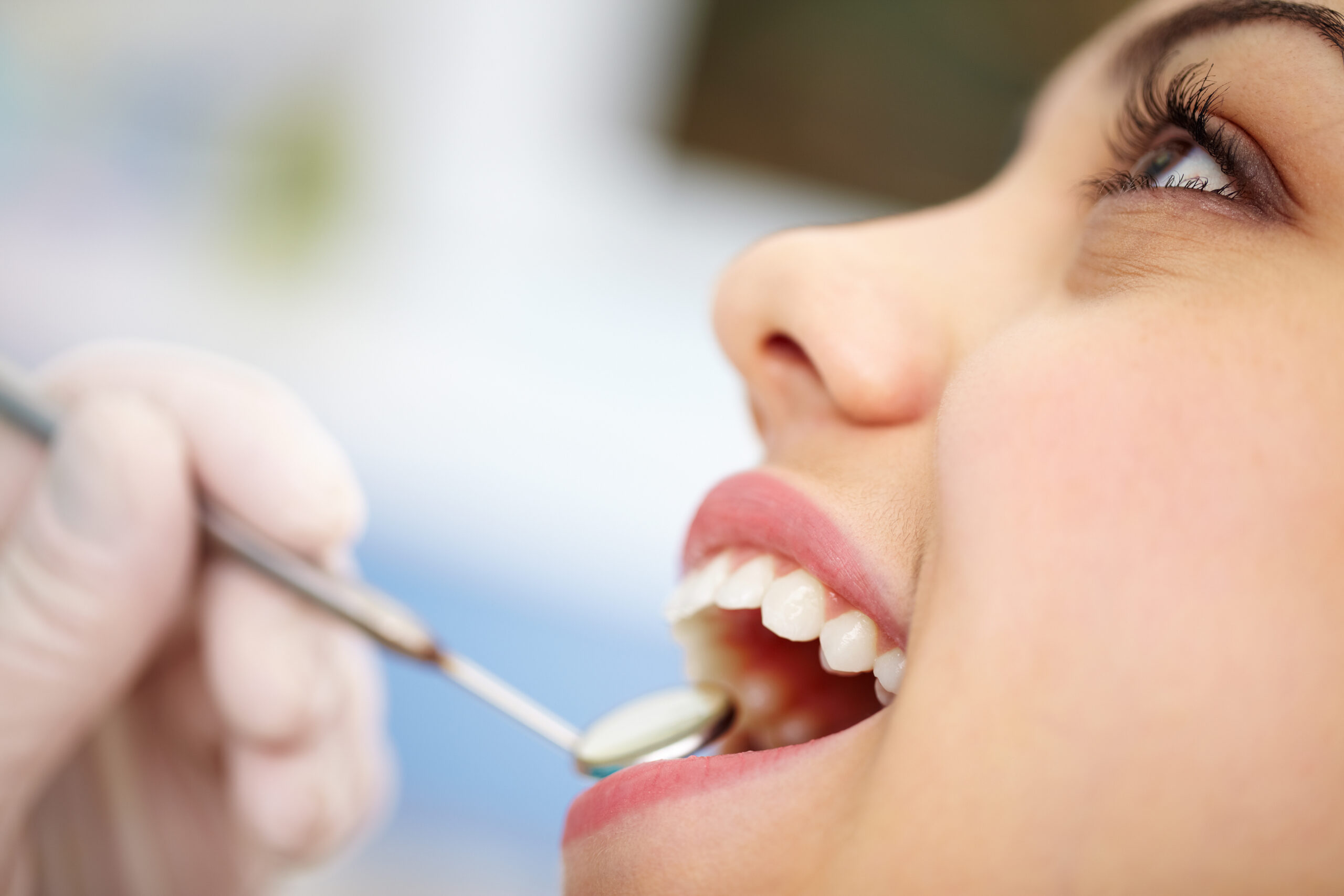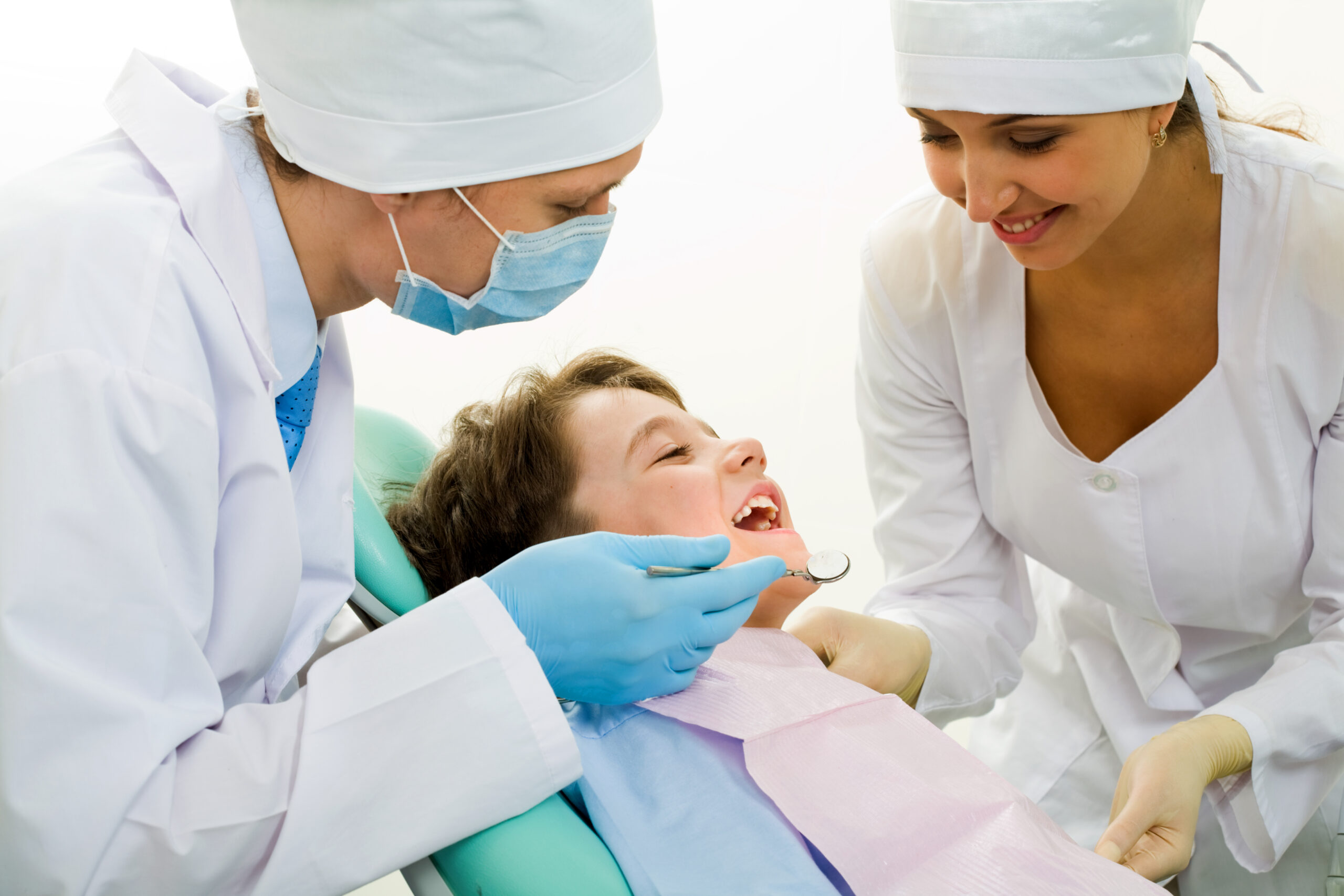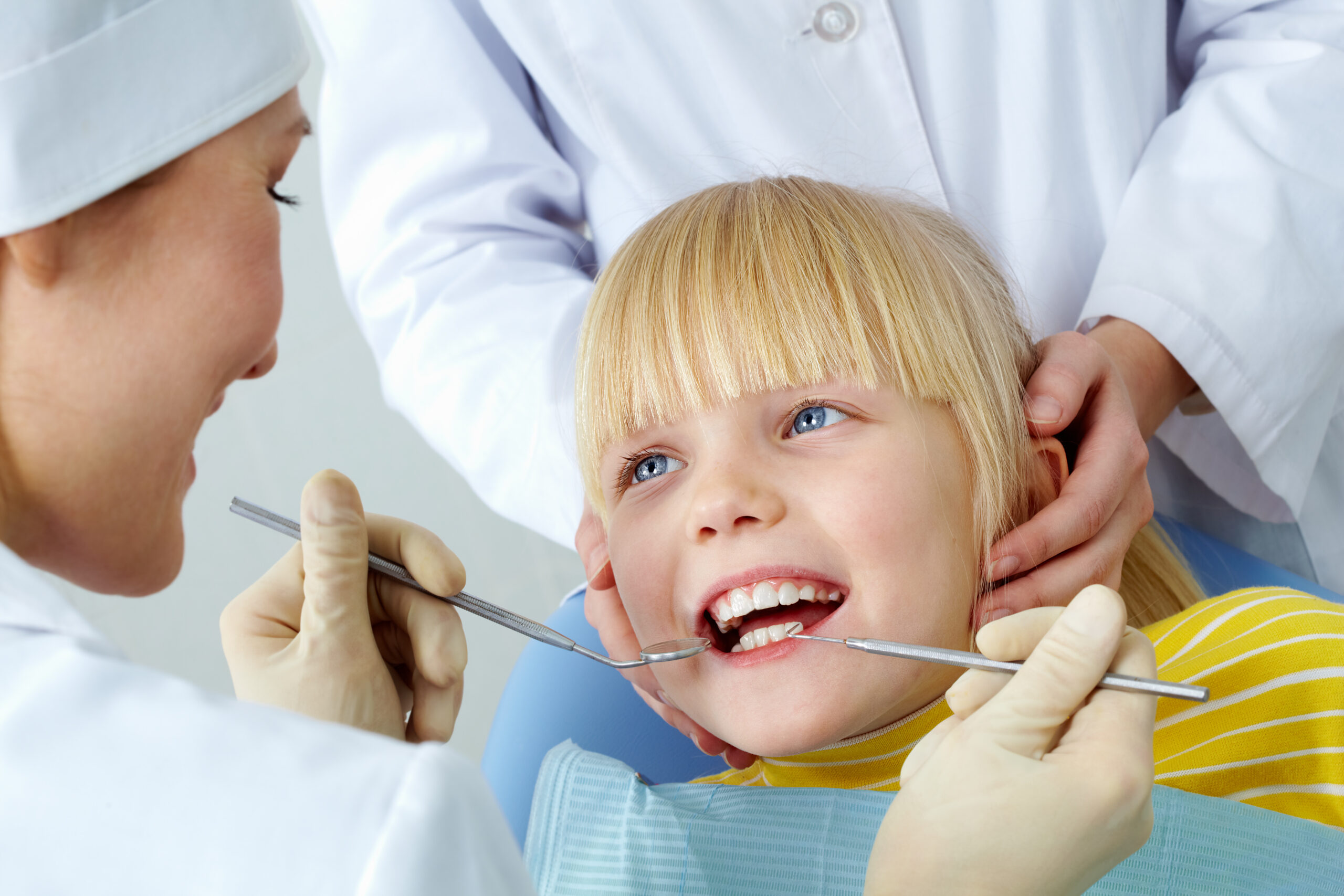
How Do I Know If My Child Is Ready for the Dentist?
December 09, 2024 ABC Children's Dentistry
Determining when your child is ready for their first dental visit is crucial for ensuring a lifetime of good oral health. While there is no one-size-fits-all approach, there are key factors to consider that will help you gauge whether your child is ready to see the dentist. Most dental professionals agree that a child’s first visit should occur by the age of one or within six months after their first tooth erupts, readiness can vary based on a child’s temperament, developmental stage, and oral health.
- Age and Timing. The American Academy of Pediatric Dentistry (AAPD) recommends that children have their first dental visit by their first birthday. Early visits help establish a dental home, where regular check-ups can promote healthy habits from the start and address any early issues, like teething problems, thumb-sucking, or early signs of cavities. The first teeth may begin to emerge around six months, but readiness for the dentist often depends on how your child responds to new experiences.
- Comfort with New Experiences. A child’s temperament plays a significant role in their readiness for a dental visit. If your child is generally comfortable with strangers and willing to sit in a new chair or open their mouth for a brief exam, they might be ready for the dentist. A positive attitude towards new experiences helps make the first visit less stressful. However, if your child tends to be fearful of new places or people, consider gradual preparation to ensure a smooth transition.
- Basic Instructions. By age two or three, children start to understand simple instructions, which can make a dental visit more successful. If your child can follow basic directions such as “open your mouth” or “show me your teeth,” they may be ready for an exam. However, readiness also depends on their ability to stay still for a short period, which is important during the examination and cleanings. Practice at home by encouraging your child to brush their teeth with your help, which mimics the motions the dentist might use.
- Concerns About Oral Health. If your child has any dental concerns, such as persistent teething discomfort, early tooth decay, or habits like thumb-sucking, it might be a good idea to visit the dentist earlier. Signs of tooth decay, such as dark spots on the teeth or sensitivity to hot and cold, are valid reasons to schedule an appointment. Even if these issues are minor, it’s important to get advice from a dentist on how to address them effectively.
- Preparing Your Child. Preparing your child for their first dentist appointment involves making it seem like a fun, non-threatening experience. Read books about going to the dentist, play dentist at home, or watch videos of other children at their dentist visits. Avoid using negative language or expressing your own fears about dental visits. The goal is to foster a positive attitude and reduce anxiety.
The best way to determine if your child is ready for the dentist is to consider their age, ability to follow simple instructions, comfort with new experiences, and any oral health concerns. Early dental visits promote healthy oral habits and catch any potential problems early on. By preparing your child for the visit with positive reinforcement and keeping communication open with your pediatric dentist, you can ensure a smooth and positive first experience.
At ABC Children’s Dentistry, we want to help your child, and you, enjoy your dental experience! Give us a call today to schedule your child’s appointment.

